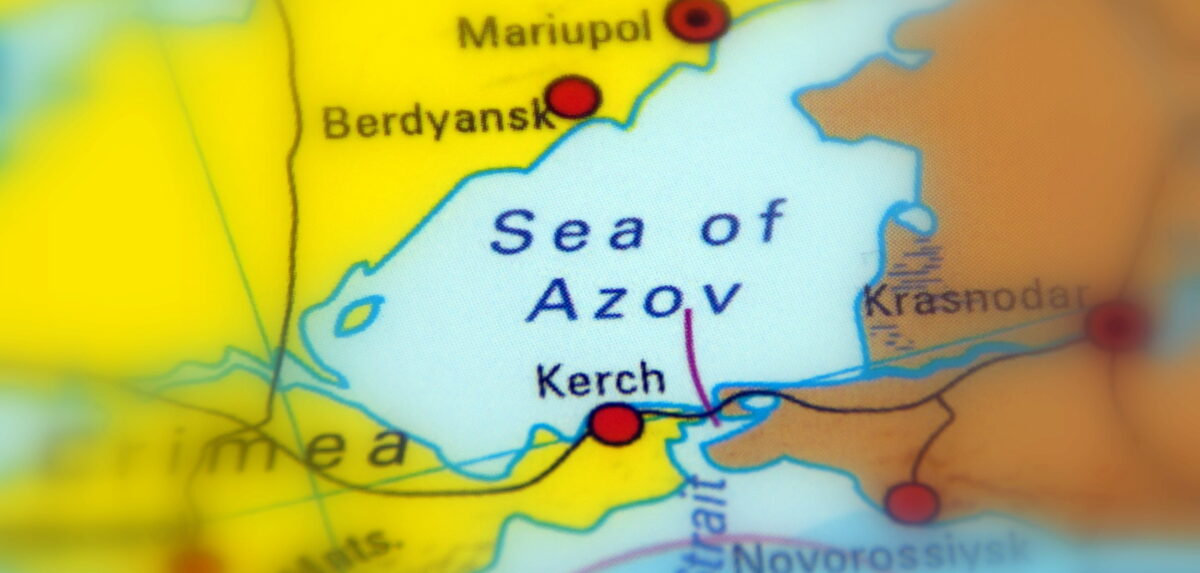“The November 25 naval skirmish between Russian and Ukrainian forces in the Kerch Strait highlighted the fraught legal status of the strait and the Azov Sea, a status that Russia has been exploiting in recent months to exert political and economic pressure on Ukraine” writes Dmitry Gorenburg, a Senior Research Scientist in the Strategy, Policy, Plans, and Programs division of CNA.
The status of the Azov Sea and the Kerch Strait is regulated by a bilateral treaty that was signed by Russia and Ukraine in 2003. According to the terms of the treaty, the sea is considered to be internal waters for both countries, and both Ukrainian and Russian commercial and military ships have the right of free passage through the strait.
From a legal point of view, it seems quite clear that the Russian side was in violation of not only the Azov Sea Treaty, but also of bedrock principles of maritime law as enshrined in the UN Convention on the Law of the Sea (UNCLOS). It appears that although Ukrainian ships did violate undisputed Russian territorial waters (i.e. waters off the mainland Russian coast, not just those of the disputed territory of Crimea), they only entered the twelve-mile territorial zone within the Kerch Strait.


 Hybrid CoE Strategic Analysis
Hybrid CoE Strategic Analysis 




